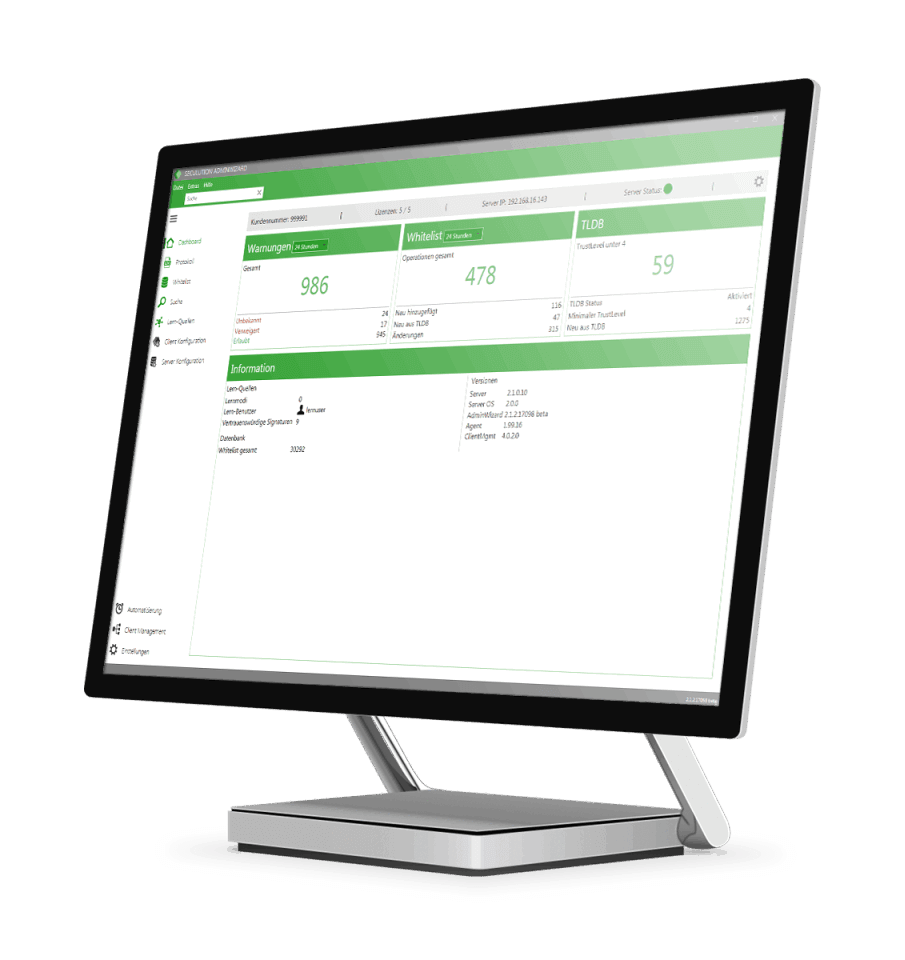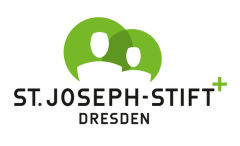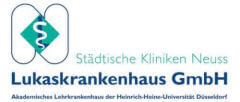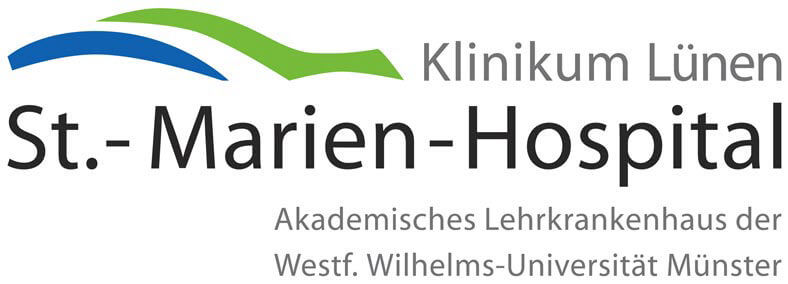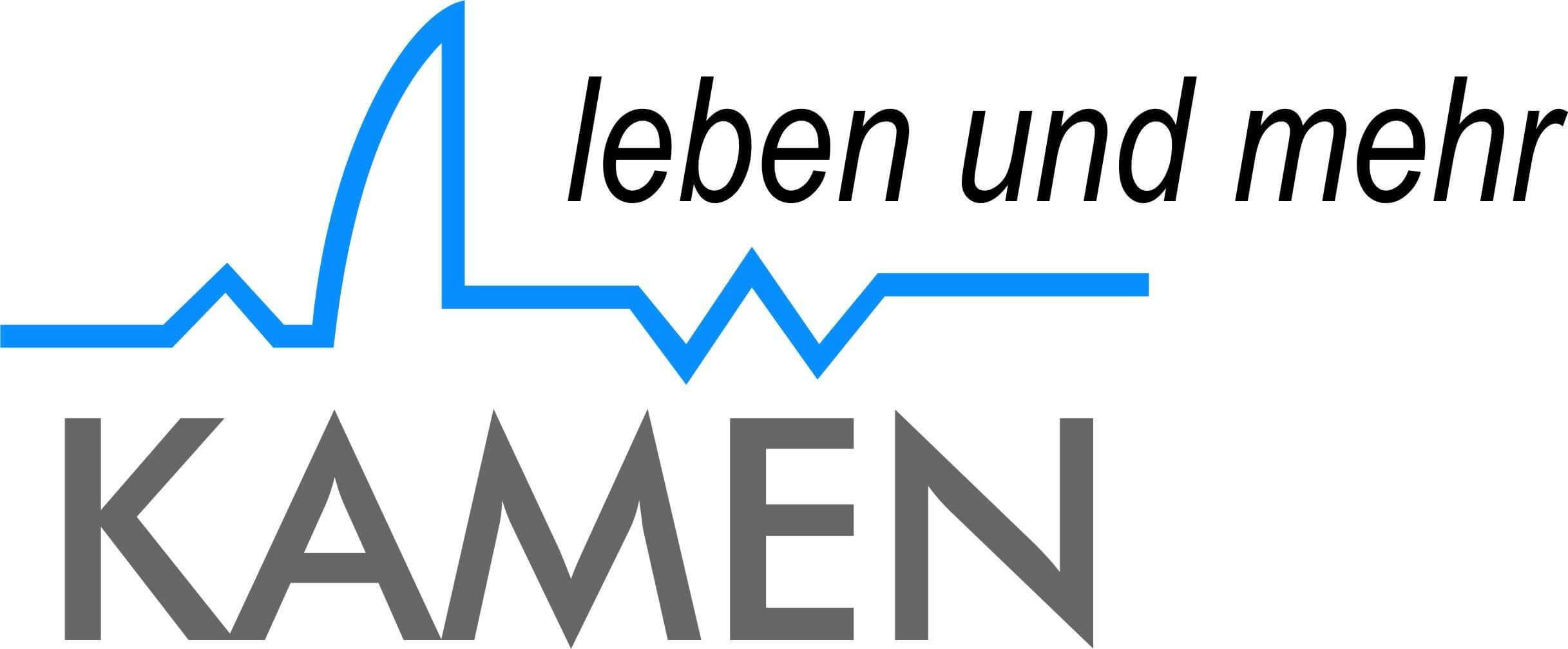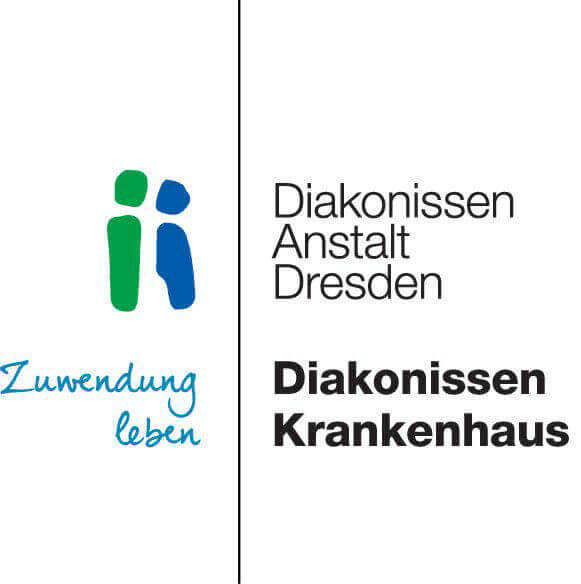To prevent this from happening, you need reliable protection against computer viruses. We will show you what you can do to protect your corporate network from computer viruses and similar threats. We also explain what threats such as viruses, worms and trojans are all about and introduce you to an effective and secure alternative to classic virus scanners which is particularly suitable for critical infrastructures such as hospitals or energy providers.
With SecuLution you don't have to worry anymore. We offer you the safest protection against computer viruses and it comes with a guarantee!
